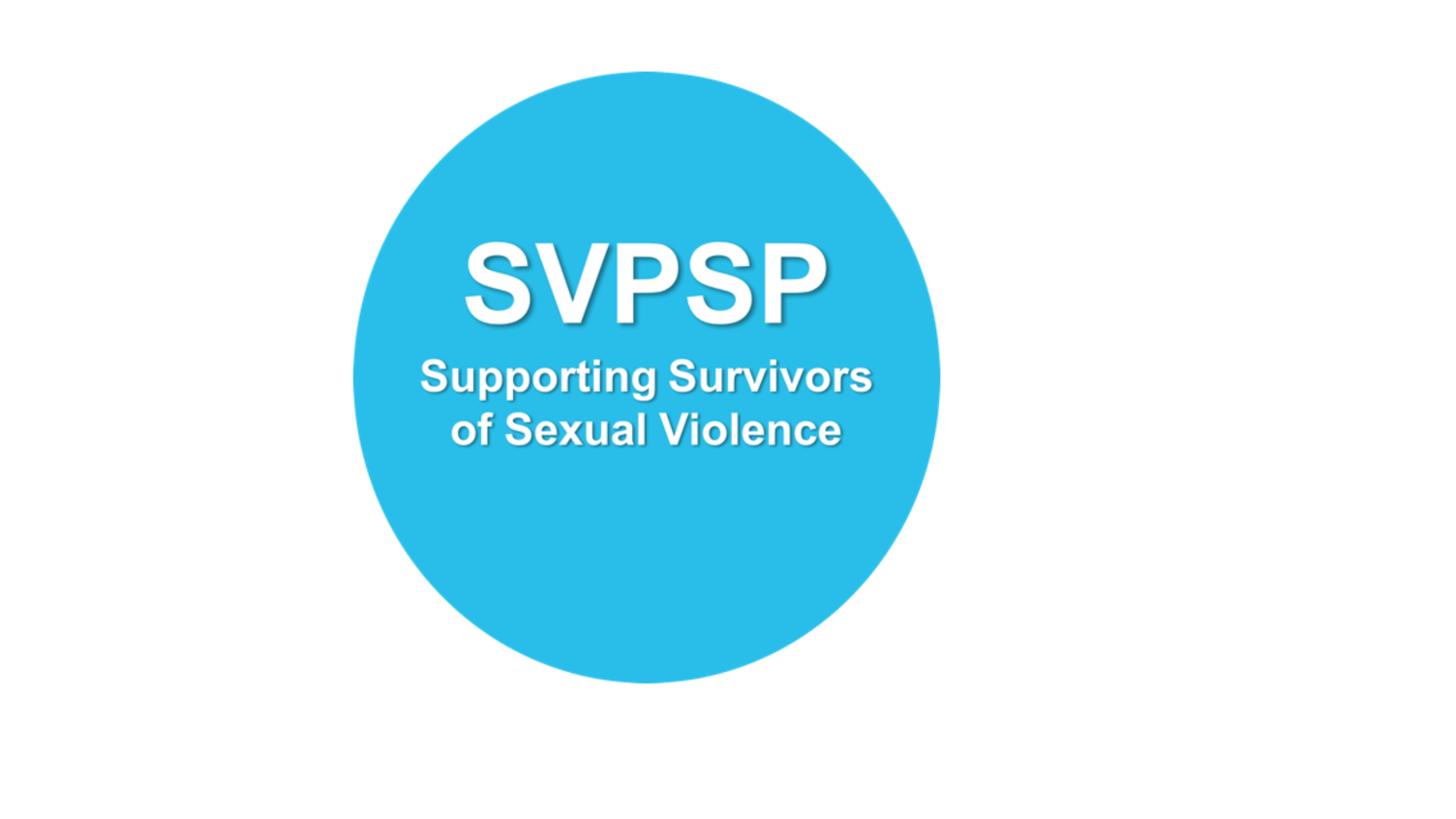Sexual Violence

About this PSP
In the UK, approximately 20% of women and 4% of men have experienced some form of sexual violence from the age of 16. Childhood sexual abuse is also far too common, with approximately 7.5% of women and 4.5% of men having been exposed to some form of sexual abuse before the age of 18.
Survivors of sexual violence and abuse can struggle with many physical and mental health problems as a result of what happened to them. Despite this, sexual violence remains an under-researched area, and this is especially true in relation to research that could address the varied short and long-term needs of survivors.
The Sexual Violence Priority Setting Partnership (SVPSP) was the first initiative to identify urgent research priorities related to the health and social care needs of survivors of sexual violence and abuse. Unlike other James Lind Alliance PSPs, the SVPSP was the first PSP with a focus that is not a specific medical problem, and also the first PSP to have been significantly supported via crowdfunded donations.
The PSP was initiated in March 2020 by the Saint Mary’s Sexual Assault Referral Centre (Manchester University NHS Foundation Trust) and the Complex Trauma and Resilience Research Unit (the University of Manchester & Greater Manchester Mental Health NHS Foundation Trust).
The Sexual Violence PSP Top 10 was published in July 2022.
The video below is a recording of the webinar to launch the Sexual Violence JLA PSP priorities in June 2022.

See news from this PSP: September 2020
Key documents
Sexual Violence PSP Protocol
Sexual Violence PSP Engagement Summary
Sexual Violence PSP Question Verification Form
Top 10 priorities
- From the perspective of survivors of sexual violence / abuse, what does recovery involve, what outcomes do they value and what factors can promote these outcomes?
- How can survivors of sexual violence / abuse who identify as People of Colour (POC) or as members of Black and Minority Ethnic (BAME) groups be best supported?
- How can access to high-quality psychological therapies for survivors of sexual violence / abuse be improved?
- What interventions with the general public could reduce misconceptions and stigmas about sexual violence / abuse and their consequences on survivors of sexual violence / abuse?
- How can the process of police reporting and police investigation best support survivors of sexual violence / abuse and avoid retraumitisation, distress and victim-blaming attitudes?
- What support is most helpful to and valued by survivors of sexual violence / abuse themselves?
- How can mental health services and physical healthcare services that are likely to come into contact with survivors of sexual violence / abuse (for example, dental care, general practice, accident and emergency, intimate healthcare and pregnancy termination settings) become more ‘trauma-informed’ to best support survivors and prevent re-traumatisation?
- How does involvement in the criminal justice system impact survivors of sexual violence / abuse (for example, their emotional and psychological well-being), and what support do they need during and in the aftermath of criminal justice proceedings?
- How can support be more accessible, inclusive and effective for survivors of sexual violence / abuse who identify as LGBTQ+?
- How can survivors of sexual violence / abuse be supported to report sexual violence / abuse that happened many years ago, and what services should be offered to help them recover?
The following questions were also discussed and put in order of priority at the workshop:
- What factors influence if survivors of sexual violence / abuse feel able to disclose, report and seek support?
- How can survivors who do not recognise their experience as sexual violence / abuse be best supported (for example, in terms of recognising what they experienced as abuse)?
- How could we best support male survivors of sexual violence / abuse?
- How to support survivors with complex emotions and feelings resulting from their experiences of sexual violence / abuse, such as shame, self-blame, self-criticism, anger, guilt, conflicting feelings towards perpetrators?
- Do survivors of sexual violence / abuse value ‘same-sex’ services, and how to ensure the needs of trans, cis and non-binary identifying survivors are met within sexual violence services?
- What talking therapies are most effective for improving the psychological and emotional consequences of sexual violence / abuse (beyond PTSD)?
- What is the impact of working in the field of sexual violence / abuse on professionals who are survivors themselves, and how to best support them?
Document downloads
For full details of all of the questions identified by this PSP, please see the document below.